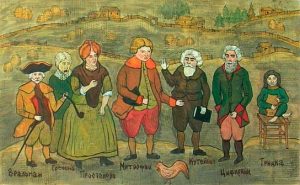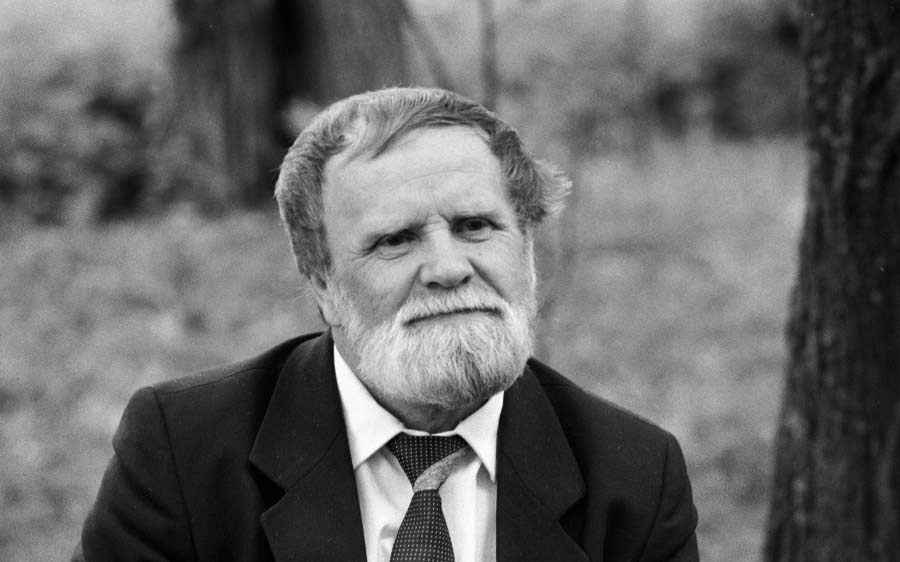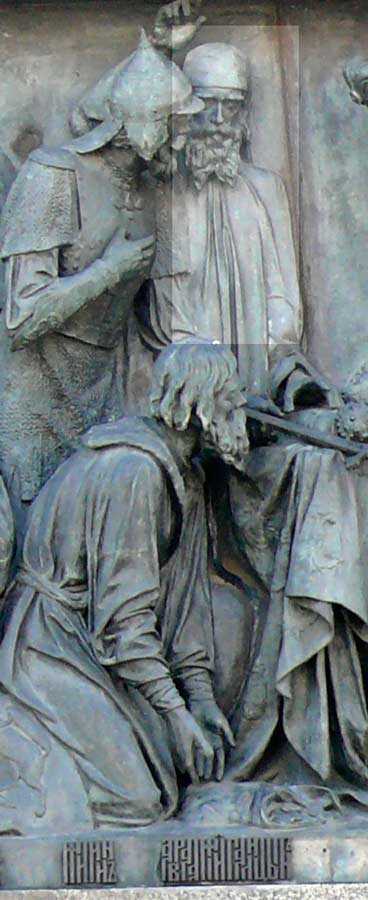Heroes “Minor” Fonvizin
 The most famous comedy of Fonvizin, “The Minor,” is one of the first-class works of Russian literature. The playwright portrayed in it, firstly, the ignorant, ancient education of noble children; secondly, the brutal arbitrariness of the landowners, their inhuman treatment of serfs.
The most famous comedy of Fonvizin, “The Minor,” is one of the first-class works of Russian literature. The playwright portrayed in it, firstly, the ignorant, ancient education of noble children; secondly, the brutal arbitrariness of the landowners, their inhuman treatment of serfs.
You can read about the main characters of the play, Mrs. Prostakova, and her son, Mitrofanushka, in the articles on our site especially dedicated to them: Characteristics of Mrs. Prostakova in “The Minor” Fonvizin and Characteristics of Mitrofan in “The Minor” Fonvizin. Next, we outline the other characters in the play.
Prostakova’s husband, Mitrofan’s father, is a timid and weak-willed man, so beaten and intimidated by his wife that he has neither his desires nor his opinions. “With your eyes,” he tells his wife, “my men see nothing.”
Skotinin, Prostakova’s brother, is a comic person. He is depicted a little caricature with his exaggerated passion for pigs, which he himself innocently explains as follows: “People are clever in front of me, and between pigs I myself am more intelligent.” He received the same upbringing as his sister, and as rude as she: she treats pigs “not as an example better than people”; but in his whole figure there is some kind of comic good humor, occurring, however, from extraordinary stupidity. His name, as well as the names of other actors, are chosen by Fonvizin in accordance with the properties of their characters or activities.
A few strokes, but very vividly, depict the teacher Mitrofan, retired sergeant Tsyfirkin and seminarian Kuteikin. Tsyfirkin teaches Mitrofan about arithmetic, as his name implies; this is an honest old soldier. Kuteikin says that he left the seminary without completing the course: “Fear the abyss of wisdom.” He is a completely ignorant person; the only thing left for him to stay in the seminary is the manner of using often Church Slavonic expressions; besides, Kuteikin is an avid and self-interested, “insatiable soul,” as Prostakova characterizes him.



